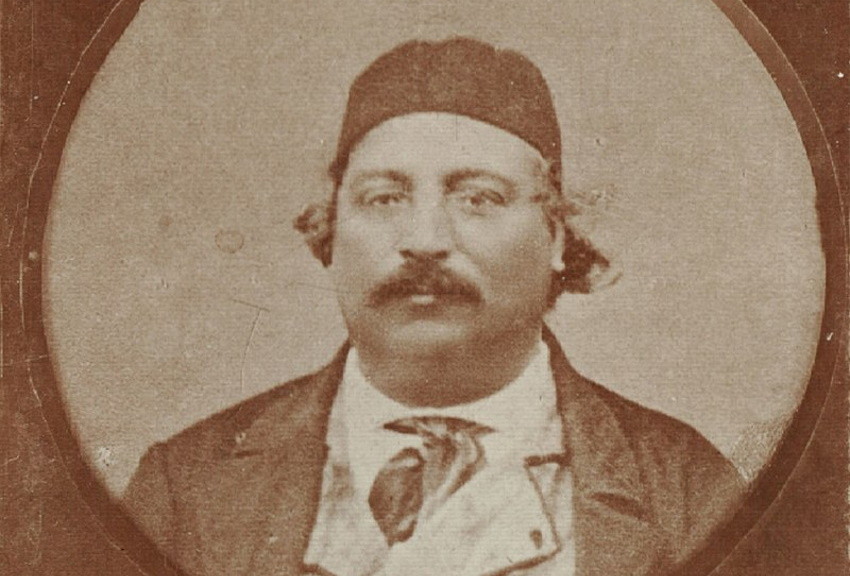The story of this song goes back to Bulgaria’s struggle for independence of the Ottoman Empire. It was created by Dobri Chintulov, teacher, poet and composer of the Bulgarian Revival period, who worked for the enlightenment and national self-awareness of his compatriots. Graduate of the Theological Seminary in Odessa, he was an advocate for national and church freedom.
Dobri Chintulov wrote the lyrics of the song "Kude si, vyarna ti lyubov narodna" ("Where art thou, faithful love of the people") while he was in Odessa. The tune, however, was probably the melody of another song, popular at the time, but whose title is now forgotten. Forgotten is the last word one can say about "Kude si vyarna ti lyubov narodna". The song became a symbol of the awakening of a nation. An awakening that started from a "spark of love" and turned into a "raging flame".

Together with “Stani, stani yunak balkanski” ("Wake up, wake up, Balkan hero"), “Viatar echi, Balkan stene” ("Wind is howling, Balkan is moaning") and several other revolutionary songs by Dobri Chintulov, it raised the spirit of the Bulgarian patriots during the April Uprising (1876) and the Russo-Turkish War that brought the Liberation of Bulgaria (1878-1879).
The Children’s Radio Choir of the Bulgarian National Radio is celebrating its 65 th birthday with a concert on the day it was founded – 21 March. For 65 years the children from the choir have been ambassadors of Bulgarian culture around the world...
The Society of Orpheus and Bacchus, also known as the SOBs, will perform tonight at 7pm at the Chamber Opera - Blagoevgrad. This is an a cappella singing group from Yale University, founded in 1938 , which makes the Society of Orpheus and..
A pavilion near the Palace of Versailles, which served as the summer residence of three French kings - Henry IV, Louis XIV and Charles X, and today the private property of the family of a French philanthropist, is becoming the stage..

+359 2 9336 661
